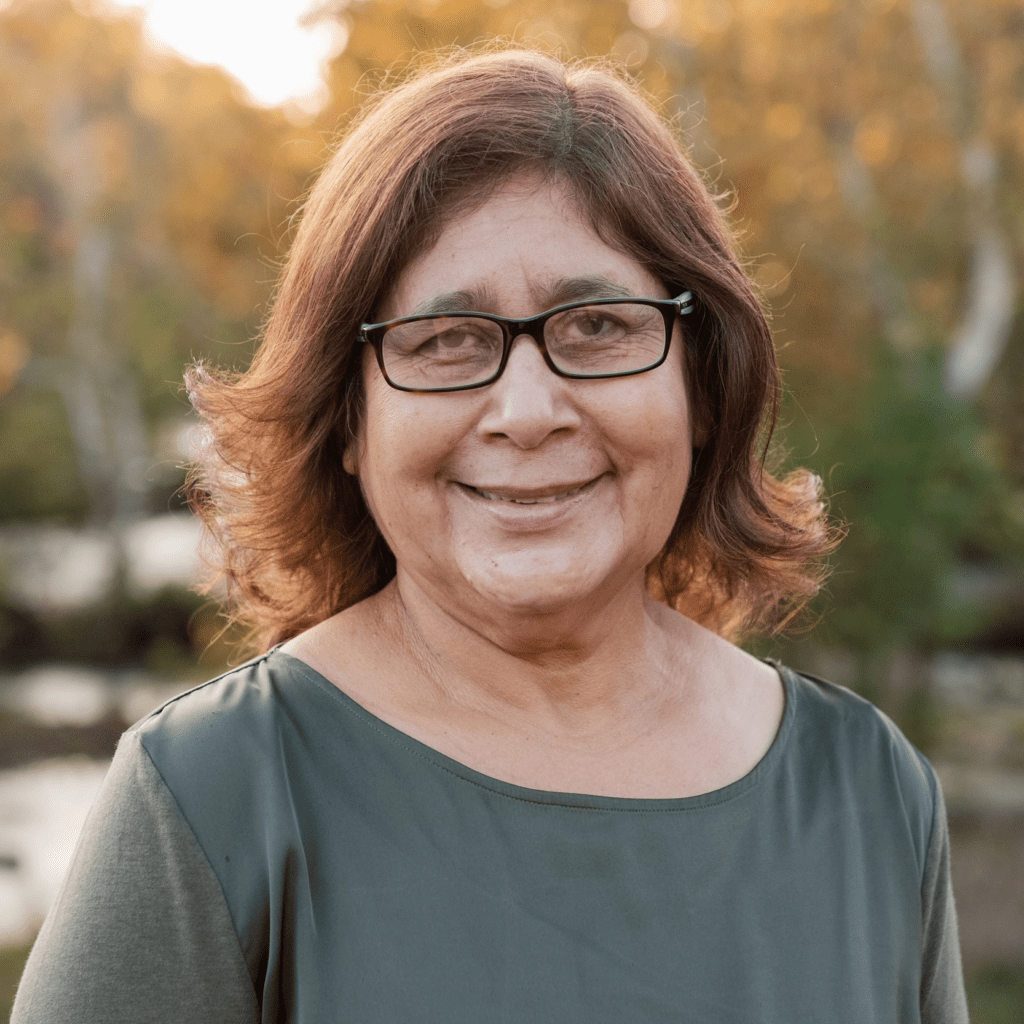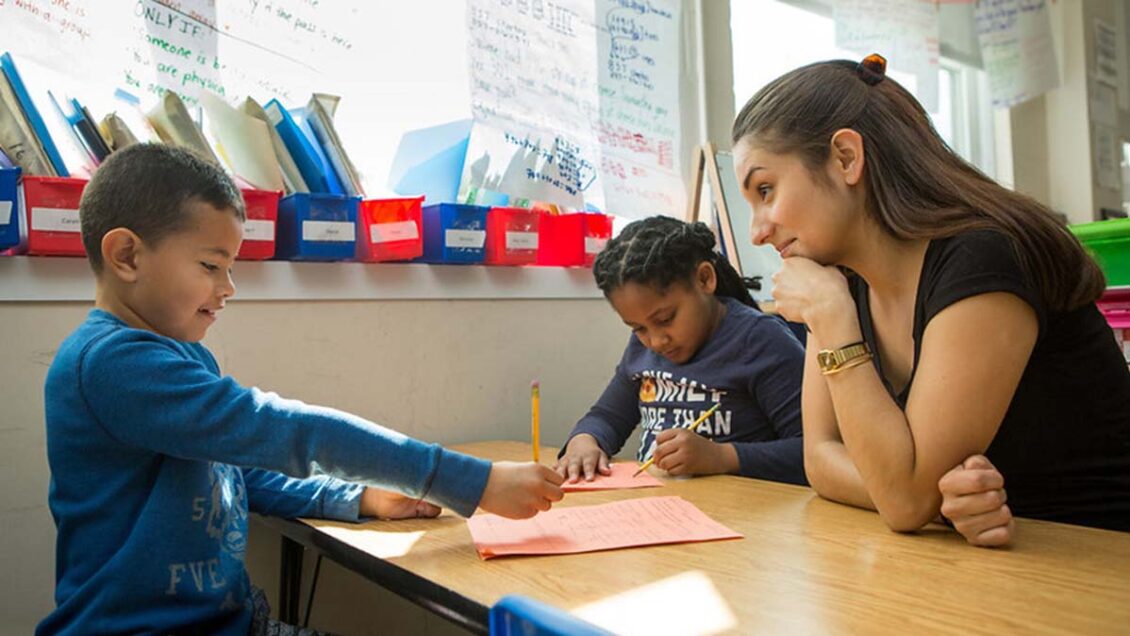This December, a cohort of educators in the College of Education’s Master of Education in Literacy program will emerge from Littlejohn Coliseum with degrees and as a symbol of success for a research project that began in 2021.
Faculty and researchers behind the M.Ed. in literacy were awarded a $2.1 million grant by the U.S. Department of Education, Office of English Language Acquisition to research the best approaches for teachers working with multilingual learners. The primary purpose of the grant is to increase instructional capacity in two high-needs school districts, engage caregivers in supporting multilingual learners and improve those learners’ achievement and self-efficacy.
The grant project, English Learner Instruction: Building Capacity Through Design (CU Build ESOL), works with teachers in Richland School District Two and Lexington County School District One. By the end of the grant period, 50 teachers will have participated in professional development through the M.Ed. program focusing on English for Speakers of Other Languages (ESOL) and becoming certified in literacy and ESOL.
Liceth Zamora, a Guatemalan-American and native Spanish speaker, is a part of this first graduating cohort. She serves as a Spanish teacher at Windsor Elementary School in Columbia, South Carolina. After 14 years in the classroom, her experience in the program has been transformative and enriching, providing invaluable insights and collaborative relationships with faculty members.

“Working with Clemson faculty members will shape my teaching strategies going forward,” Zamora said. “I have changed the way I teach as a result of the constructive criticism I’ve received from peers and professors; it inspires me to revamp my teaching approach.”
When it comes to the positive effects for her students, Zamora does not have to guess; she says that the positive outcomes are already evident in the improved performance of multilingual learners who have benefited from these refined teaching practices. She noted that differentiating instruction for each student in the classroom to support multilingual learners has been pivotal for her approach. She has also been more of an advocate in her school for embracing students’ native languages. She believes that preserving the students’ language fosters a healthy self-concept and encourages them to cherish their heritage and culture.
Ashley Neal, another graduating student from the program and a classroom teacher at Pontiac Elementary in Columbia, South Carolina, also enjoyed working with Clemson faculty. She already feels more confident in her abilities in the classroom, and she said the graduate-level courses built logically on top of what she brought from her time in the classroom and her experiences as an undergraduate.
She said the program has opened her eyes to the legal rights of multilingual students in schools, which will only allow her to be a more effective advocate for students and parents. Neal said she is now more likely to share her knowledge with fellow educators as well as parents regardless of where her career takes her in the future.

“Whether I stay in the classroom or move into a more supportive role for multilingual students, I plan to be a stronger advocate for this growing population and share my knowledge base with other educators in my building,” Neal said.
Rebecca Kaminski serves as the principal investigator for the project and coordinator for the literacy program. She said the project equips teachers with tools to better do their job while also giving them the advanced graduate education that will help retain them in the field of education. The research provides these tools in the short term and tests a more effective way to include caregivers in education, all while providing a road map that other districts and states can follow to achieve better results.
From the 2000-2001 to the 2011-2012 academic year, South Carolina experienced a 610% increase in English learners, and this increase was felt acutely in the Midlands, which is where researchers are targeting their work. The goal is to prepare teachers to be ready to work with all students in the state – whether English is their second language or not – while focusing on the support they receive at home, which Kaminski said has unfortunately been an overlooked component in the past.
Kaminski said educators such as Zamora, Neal and the rest of their cohort demonstrate that educators can achieve professional growth while remaining in the classroom full-time and positively affecting schools and communities.
“The program’s flexibility, showcased by the success stories of its participants, underscores the dedication to professional growth while managing existing responsibilities,” Kaminski said. “This project has always been a collective endeavor between our faculty, the educators working in the field, the caregivers of students and the schools and institutions that ensure success.”
Emily Howell, the grant co-principal investigator, added that the research team’s next objective is focused on caregivers. It is in the process of recruiting caregivers for an upcoming literacy course scheduled to start in January 2024. This course aims to equip parents of multilingual students with essential knowledge and tools for implementing effective literacy practices at home.
For more information about the caregiver course, contact Mihaela Gazioglu, grant caregiver liaison, by emailing mgaziog@g.clemson.edu.
Get in touch and we will connect you with the author or another expert.
Or email us at news@clemson.edu

